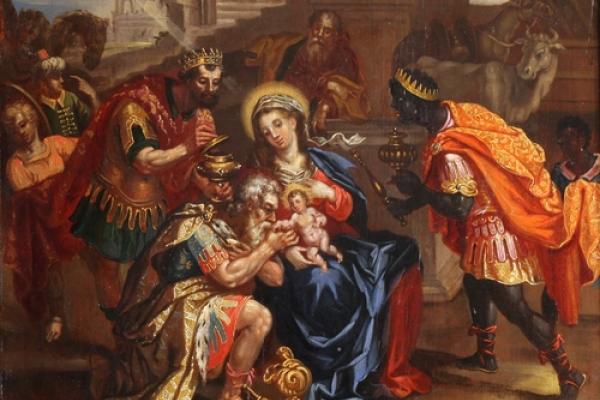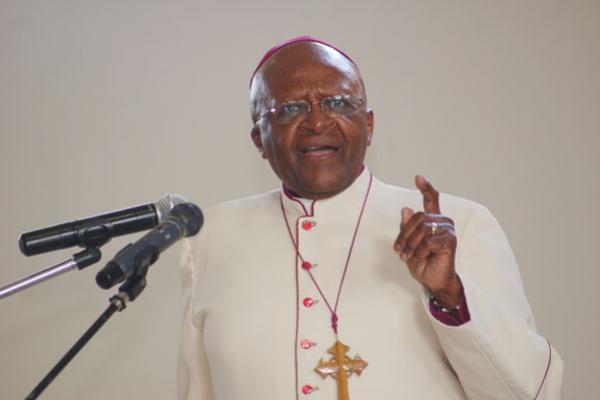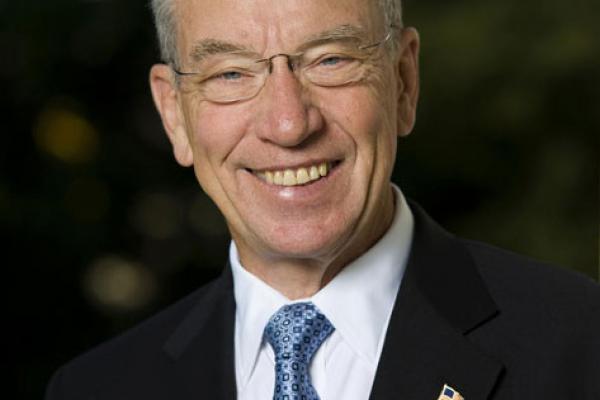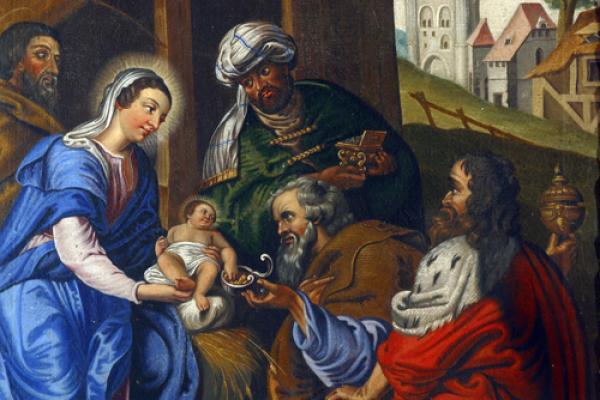One of the most fresh and challenging interpretations surrounding the Christmas narrative was produced by South Africa’s renowned theologian, the late Steve de Gruchy. In regards to the Magi and their visit with Joseph, Mary, and the newly born Jesus in Matthew 2: 1-12, de Gruchy offers a striking proposal surrounding the biblical text and its direct relationship with cooperative efforts between those in the so-called global north and south.
...
Among other things, a key insight into this portion of the Christmas narrative is that God is revealed through the vulnerability of poverty and marginalization. The main characters of the Christmas plot are not wealthy and prosperous high-rollers, but the downtrodden and vulnerable poor who stand as deliberate reminders of how God is in solidarity with those who are too often forgotten and oppressed. If Mary and Joseph were people of wealth and privilege, they surely would have received room at the inn, yet God shows an alternative to the common hierarchies of status in our world, and such pushed-aside people are given highest priority as the bearers of Christ.
NAIROBI, Kenya — Nobel Laureate Archbishop Desmond Tutu on Tuesday urged Uganda to scrap a controversial draft law that would send gays and lesbians to jail and, some say, put them at risk of the death penalty.
The Anti-Homosexuality Bill is expected to become law after Parliamentary Speaker Rebecca Kadaga offered it to Ugandans as a "Christmas gift." The bill is believed to exclude the death penalty clause after international pressure forced its removal, but gay rights activists say much of it is still horrendous.
“I am opposed to discrimination, that is unfair discrimination, and would that I could persuade legislators in Uganda to drop their draft legislation, because I think it is totally unjust,” Tutu told reporters here on Tuesday at the All Africa Conference of Churches meeting.
The Huffington Post reports:
In the holiday season, many of us reflect on what it is for which we are thankful. Naturally, we give thanks when things are going well, and even in a disaster we might be grateful that the catastrophe was not worse or that people stepped forward to render assistance. Claudius's poem presupposes a general climatic stability that for several centuries has been conducive to thankful worship.
But how does this optimistic hymn play in the era of radical climate change? How will it sound in the future, when each decade may bring yet more frequent and extreme climate events? What is the providential reading of "God's almighty hand" in a prolonged and life-threatening drought, or in the agrarian disaster of a dust bowl? When we are battered by a Hurricane Sandy or Katrina, how do we understand the majestic line about God in the Navy hymn, "Who bidd'st the mighty ocean deep its own appointed limits keep?"
Read more here.
A special commission created by the Evangelical Council for Financial Accountability has called for clearer IRS guidance and greater involvement among donors to address “outliers” among congregations and other nonprofits that are not being financially accountable.
Its 91-page report was a response to a request for recommendations from Sen. Charles Grassley, R-Iowa, after he concluded a three-year investigation into alleged lavish spending by six prominent broadcast ministries in 2011.
There is a line from a Gerard Manley Hopkins poem about the Virgin Mary that describes the baby Jesus as “God’s infinity, dwindled to infancy.” The line captures perfectly the beautiful but also shocking idea, central to Christianity, that the infinite God who created the universe also chose to descend, dwindle, become small, become helpless, become dependent on human beings.
Hopkins is right: the baby Jesus is not merely a sentimental or cute idea but is potentially radical, transformative, and controversial.
I can remember hearing several times as a middle and high schooler that Christians lie the most when they sing. These claims generally came from the mouths of college-aged worship leaders during emotional praise segments at mission camps and conferences. They were usually followed up with a heartfelt plea to raise honest words and promises to God during the next song. (And if we really meant it, we would ignore the burning stares of our judgmental, worldly peers and come down front for our seventh altar call.)
Though I generally don’t remember these scenes and indictments fondly, I have recently been contemplating the idea of honest worship, especially in relation to the Christmas season. I mean, how often do we memorize a whole song and sing along to it regularly without really stopping to contemplate the lyrics? And even when we do realize what we’re singing, how often do we actually let those words transform our hearts or actions or perspectives?
All of these thoughts started stewing in my mind during my Thanksgiving vacation two weeks ago. Per usual, I started playing Christmas music the day after Thanksgiving (and by the day after I mean a few days before). As I was washing dishes, belting out my favorite version of “O! Holy Night,” I was suddenly struck with the thought What am I singing? Read the lyrics below to see if you get what I mean. (Hint: my moment happened somewhere around the second verse.)
Who was Abraham Lincoln? You may get different answers depending on whom you ask. He is known as the Great Emancipator. He was a self-taught rural Kentuckyian. He was a husband and father. Also, he was a pragmatic politician. The new film, Lincoln, seeks to address this question by focusing on the political struggles for the passage of the Thirteenth Amendment to the U.S. Constitution in the last few months before Lincoln’s death.
While it may be easy to see why some people would view the film in light of contemporary politics, Lincoln’s political context and Obama’s are quite different. Facile comparisons between Lincoln and Obama do both men a disservice since they serve in completely different contexts. The Civil War is not the war against terror. The abolition of slavery is not the fiscal cliff. After a point, our attempts to connect the characters and subject matter of the film Lincoln to current events seem rather forced.




